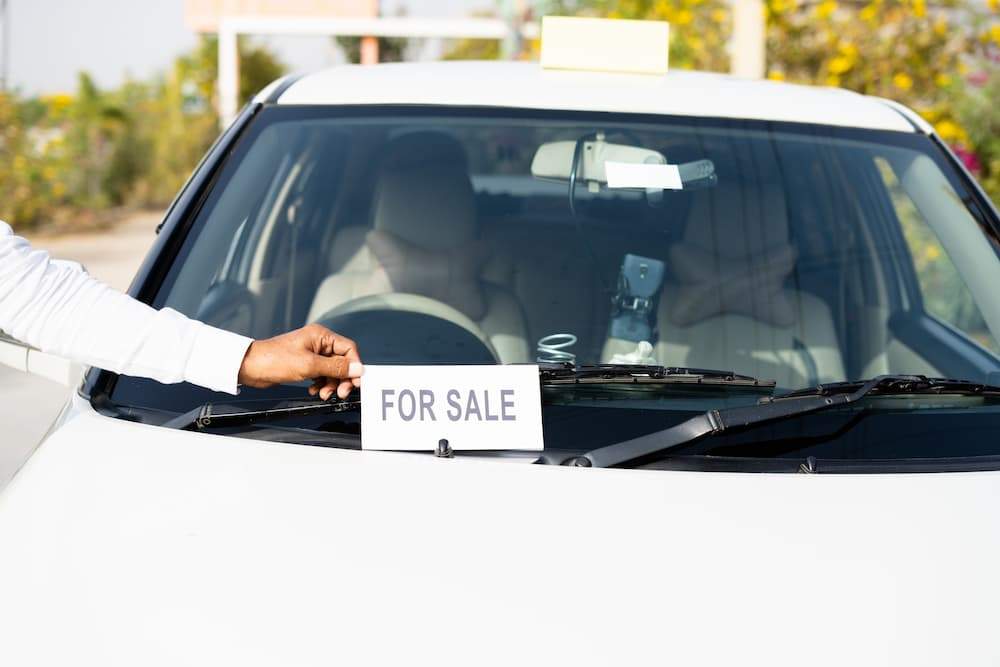Buying a car is an exciting process, but it can quickly become stressful if you end up with a defective vehicle. If you’ve purchased a car from a private seller, you may be wondering – does California Lemon Law apply to private sales? In most cases, lemon laws are intended to protect consumers from defective vehicles purchased from dealerships, but when it comes to private sales, the protections are more limited.
In this practical guide, we’re breaking down what you need to know about lemon laws and private vehicle sales, your rights, and what you can do if you’ve bought a defective vehicle privately.
Lemon Laws & Private Vehicle Sales
When considering a vehicle from a private seller, it’s important to understand that lemon laws generally don’t apply in these transactions. Unlike dealership sales, which come with certain protections under California’s Lemon Law, private sales typically fall into a different legal category.
Why Does Lemon Law Not Apply to Private Sales?
In California, Lemon Law protections typically do not apply to vehicles purchased through private sales. The reason for this is that the law was designed to protect consumers who buy cars from dealerships, as dealerships are legally required to provide warranties for the vehicles they sell. When you purchase a car from a private seller, the transaction is considered “as is,” meaning the seller is not legally obligated to offer a warranty or provide protection under California’s Lemon Law.
Because of the “as is” nature of private sales, there’s no expectation that the seller is guaranteeing the vehicle’s condition or offering repairs. This makes it much harder for consumers to file a lemon law claim in cases involving private sellers. However, if the car is still under warranty from the manufacturer, there may be other avenues to explore, which we’ll explain below.
What Types of Purchases Do Lemon Laws Apply To?
Understanding what types of vehicle purchases are covered by lemon law protections is key to knowing your rights as a consumer. While California Lemon Law primarily applies to vehicles purchased from dealerships with warranties, there are certain exceptions and specific situations to be aware of.
New Cars
Lemon law protections apply to new vehicles that have been purchased or leased with a manufacturer’s warranty. If your new car has a significant defect that impairs its safety, value, or use and it can’t be repaired after a reasonable number of attempts, you may be entitled to compensation under California Lemon Law. The law typically gives you options for a buyback or compensation based on the manufacturer’s warranty.
Certified Pre-Owned (CPO) Vehicles
CPO vehicles can also qualify for lemon law protection. These cars come with a manufacturer-backed warranty, and the dealership sells them as pre-inspected, refurbished vehicles. If your CPO vehicle has a significant defect covered under the warranty, you can pursue a claim under California Lemon Law just as you would with a new car.
Used Vehicles with a Manufacturer’s Warranty
Used vehicles that are still under their original manufacturer’s warranty may also qualify for lemon law protection. In California, if a used car is sold with the remainder of the original warranty, the buyer can still pursue a lemon law claim if there’s a major defect that the manufacturer cannot repair after several attempts.
Consumer Protections When Buying from a Dealership vs Private Sellers
When it comes to buying a car, the protections available to you can differ greatly depending on whether you purchase from a dealership or a private seller. Dealerships are legally required to offer certain warranties and protections, which makes the process of pursuing a claim easier for the consumer. However, private sales come with fewer safeguards, which means you need to approach them carefully and understand the limitations of legal protections for private car transactions.
Private Sales
When buying a car from a private seller, the transaction typically occurs on an “as is” basis. This means the seller is not responsible for fixing defects or offering a warranty. If you buy a car privately and it turns out to be defective, you generally do not have Lemon Law protections, unless there’s fraud involved or the seller misrepresented the condition of the car.
While lemon law does not apply to private sales, there are other legal options you might explore, such as pursuing damages for fraud or misrepresentation if the seller knowingly sold you a car with undisclosed defects.
Dealerships
On the other hand, purchasing a car from a dealership offers more protection under California Lemon Law. Dealerships are required to provide vehicles that meet certain standards and are covered by a warranty. If the car has significant defects that cannot be repaired after several attempts, you have a much clearer path to pursuing a claim. The dealership must make efforts to repair the car or offer a solution, such as a refund or buyback, depending on the severity of the defect.
What Are Your Options if You Purchased a Defective Vehicle?
Even if lemon law doesn’t apply to private sales, you do have options if you purchased a defective car from a private seller. If the car is under warranty, contact the manufacturer and seek repairs through an authorized dealer or repair facility. If the seller misrepresented the condition of the car, you may have grounds for a fraud claim or misrepresentation case.
It’s important to keep detailed records of all communications, repairs, and expenses related to the defect. If you believe the seller misled you about the car’s condition or intentionally concealed defects, it’s a good idea to consult a lemon law attorney to explore your options.
Talk to an Expert in Lemon Law for Private Car Sales
If you’ve purchased a defective vehicle from a private seller, don’t assume you’re out of options. Lemon laws may not cover private sales directly, but an experienced lemon law attorney can help you explore alternative legal options based on misrepresentation, fraud, or breach of warranty.
Reach out to Prestige Legal Solutions today for a free consultation to discuss your case and determine the best course of action – we will protect your rights and seek justice.
Image Credit: WESTOCK PRODUCTIONS / Shutterstock

